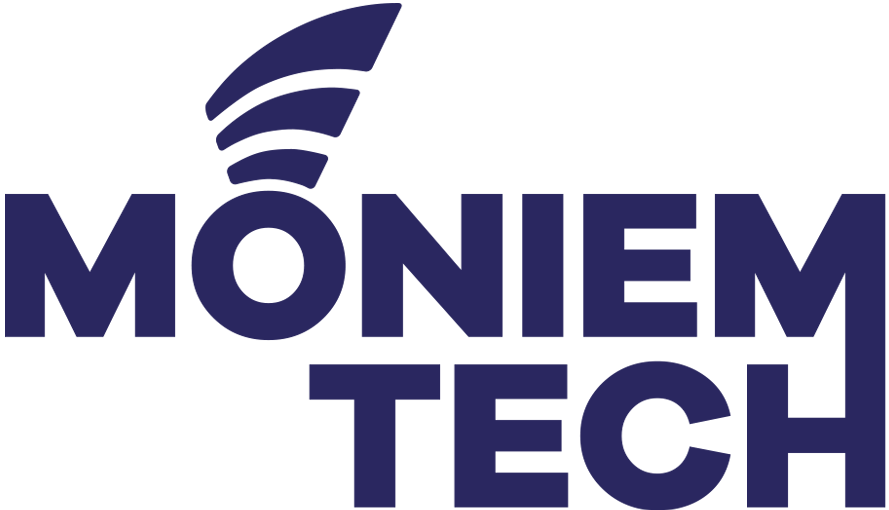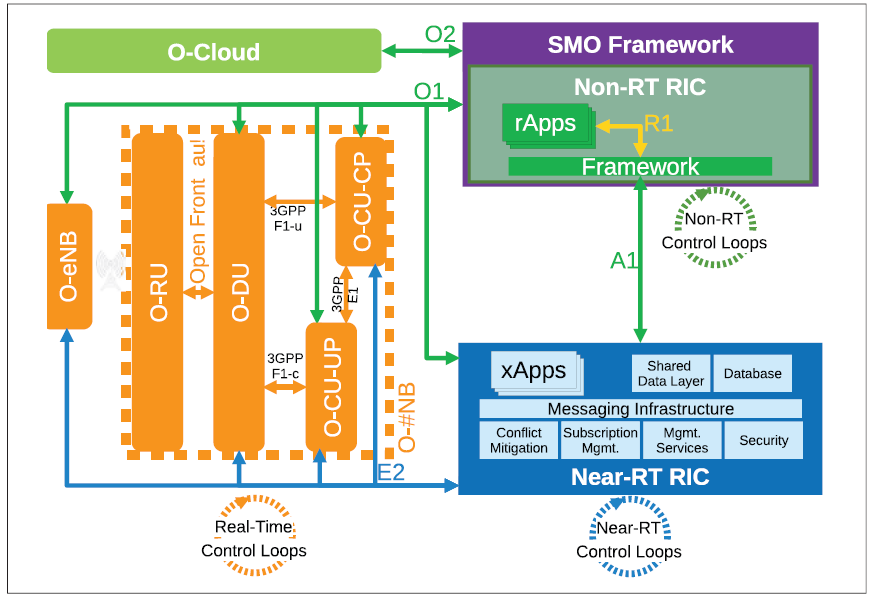Open RAN by disaggregation involves CU (Centralized Unit) and DU (Distributed Unit) virtualization. By decoupling hardware and software, Open RAN makes it possible to select different vendors and solutions for […]
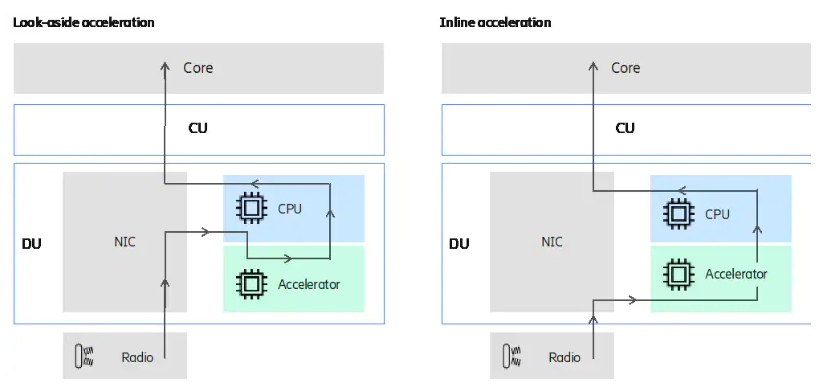
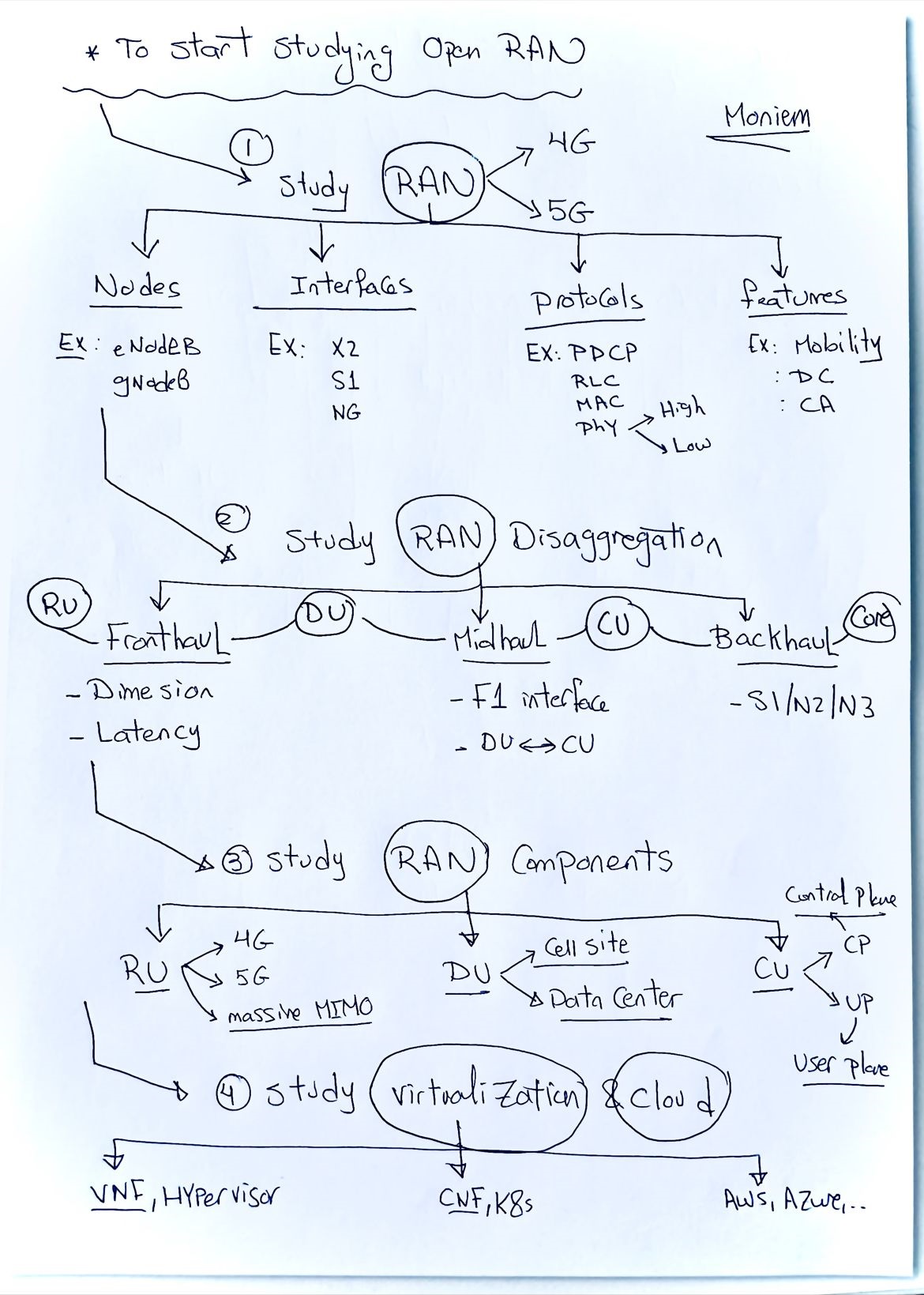
The Open RAN concept is based on open and standardized interfaces, which grant interoperability. Thus, it enables multiple vendors to provide different parts of hardware and software. ? Although various […]
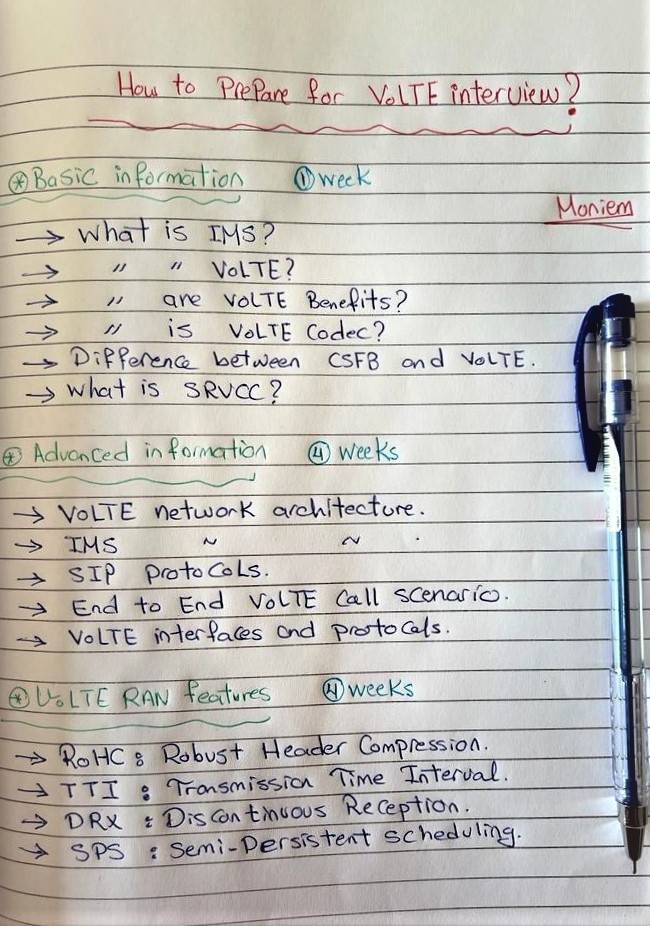
How to Prepare for VoLTE Interview? ? Start Slowly with the Basic information of what is VoLTE, its Benefits, and its use cases. Also needs to understand the difference between […]
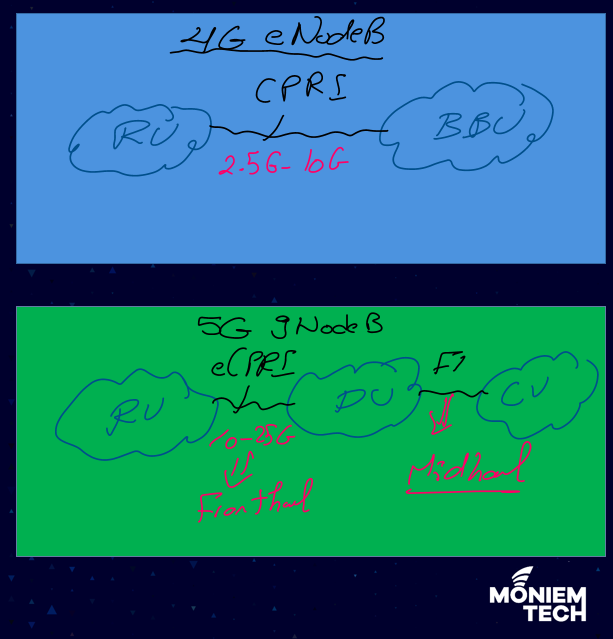
As per Statista, The number of global unique mobile subscribers is expected to grow by 160 million from 5.7 billion subscribers in 2020 to 5.86 billion in 2025 and this […]

The RAN has been considered the most expensive part of network deployment. RAN consists of around 60-70% of the network Capex. The Open RAN (Open Radio Access Network (RAN) Journey […]
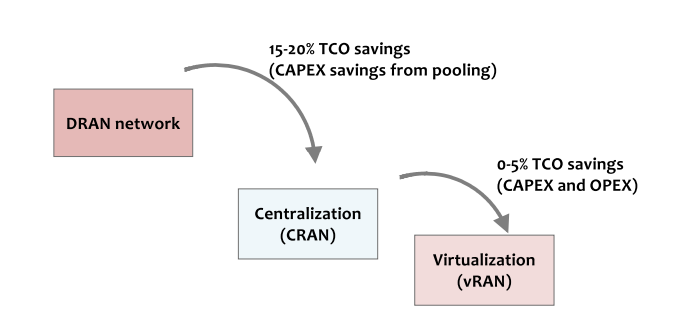
Virtualized radio access networks (vRANs) are a way for telecommunications operators to run their baseband functions as software. One of the primary benefits of virtualizing radio access networks (RANs) is […]
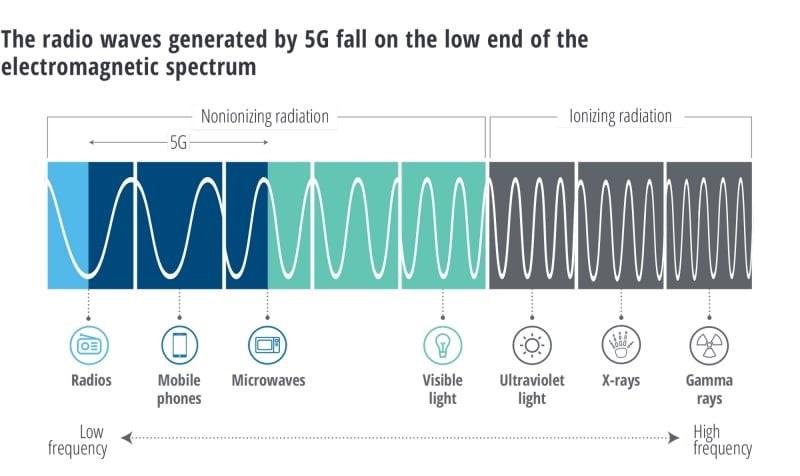
All generations of mobile phone technology, including 5G, take the same familiar underlying approach. A mobile network consists of a nationwide grid of cell sites. These sites feature transmitters that […]
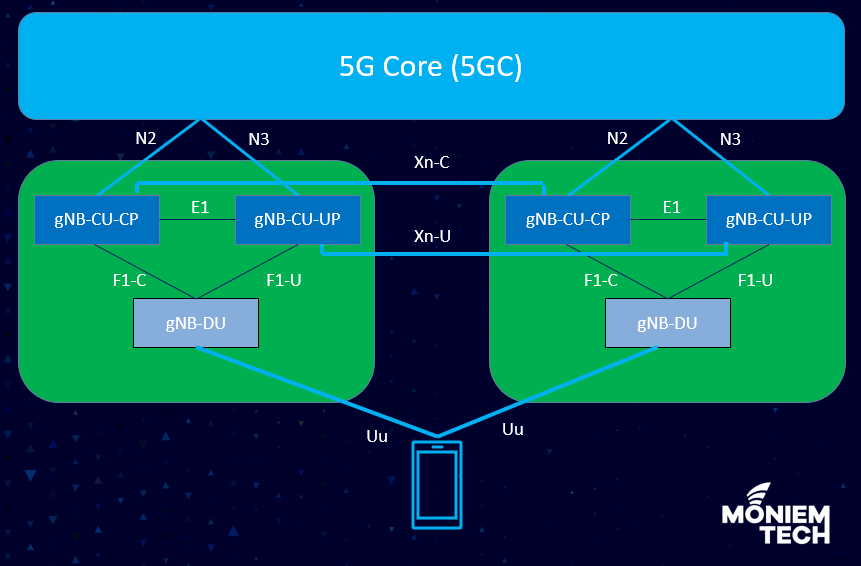
As per 3GPP, The gNB is divided into two logical functions: the CU and DU. The DU is the baseband unit in a 5G RAN. It handles layer 1 and […]
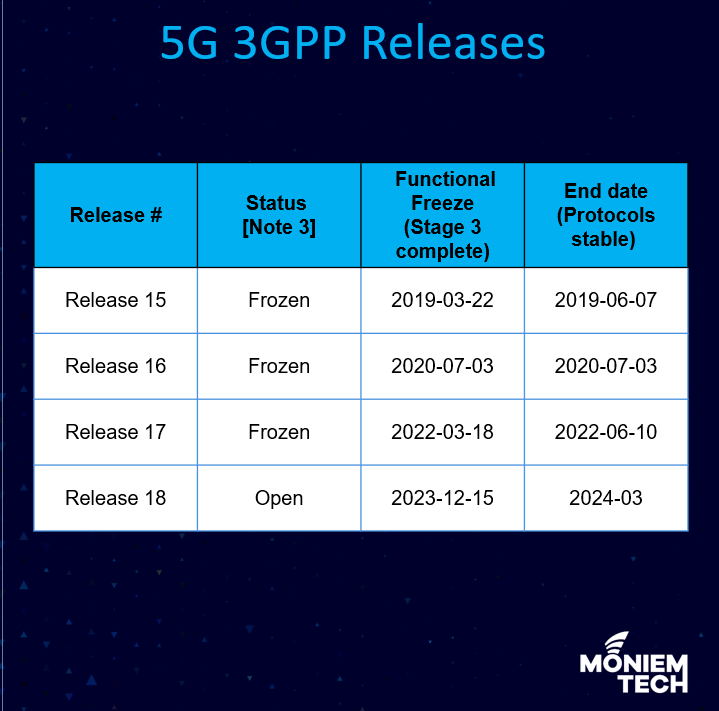
5G is an evolving standard. The initial version of 5G was accomplished with the freezing of Release 15 late-drop in summer 2019. Enhanced features originally were introduced in Release 15 […]
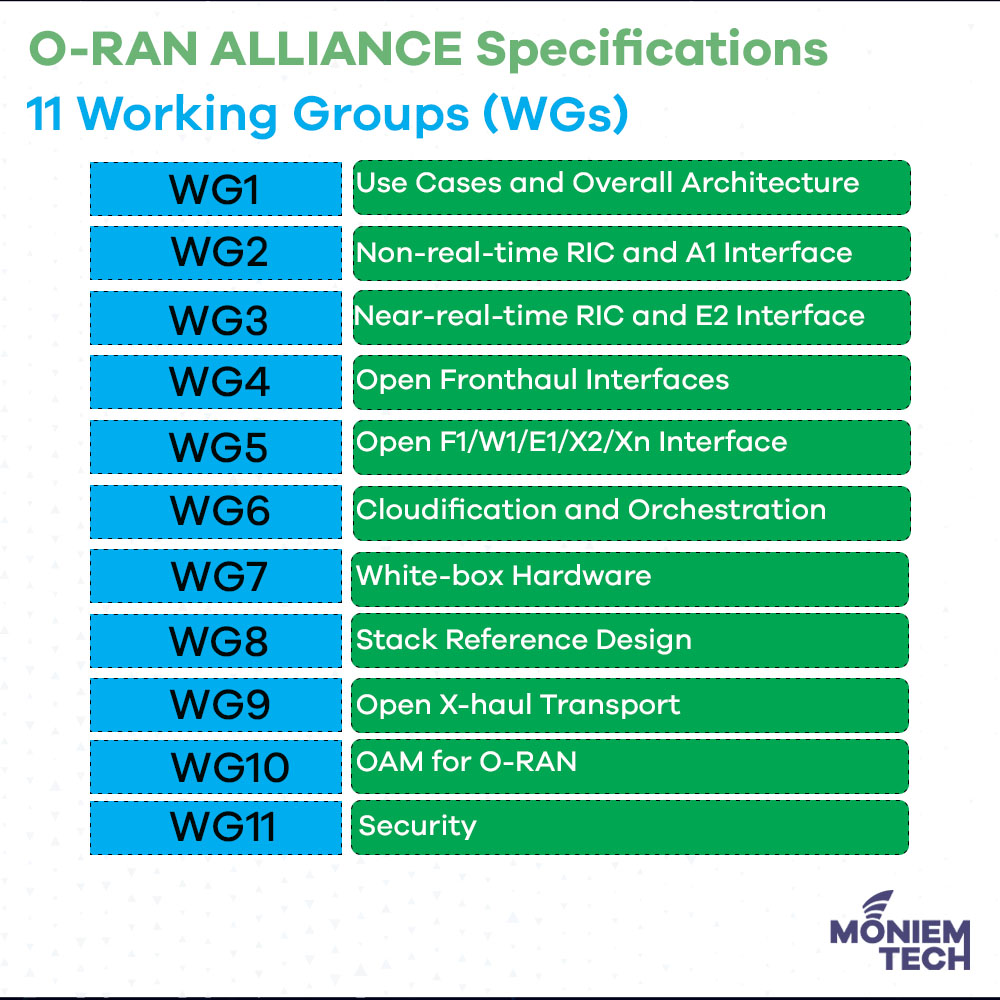
What is O-RAN Alliance? O-RAN Alliance is a global alliance founded in 2018. As of June 2022, the O-RAN Alliance had 345 members and contributors (O-RAN Alliance only allows communication […]
